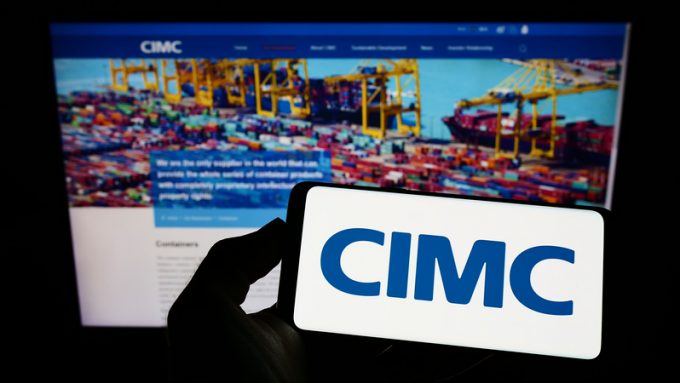Freight rates will stay high next year – no respite for shippers, predicts Drewry
Some three million teu of new tonnage arriving next year will most likely be “more ...

China International Marine Containers (CIMC) has reported net profits and sales plummeted over the first nine months of the year.
The world’s largest container manufacturer said net profit fell 65%, year on year, to $437.31m, while sales of dry containers dropped 47%, to 1.01m teu, and reefer sales were down 22%, to just over 100,000 teu.
CIMC blamed a slowdown in the global economy, as well as falling consumer demand in the west for China’s exports causing the decline in container shipping ...
Volcanic disruption at Anchorage could hit transpacific airfreight operations
Shippers snap up airfreight capacity to US ahead of tariff deadline
Forwarders stay cool as US 'liberation day' tariffs threaten 'global trade war'
New price hikes may slow ocean spot rate slide – but for how long?
Tighter EU import requirements proving 'a challenge' for forwarders
Supply chain delays expected after earthquake hits Myanmar
Looming Trump tariffs will create 'a bureaucratic monster' for Customs

Comment on this article